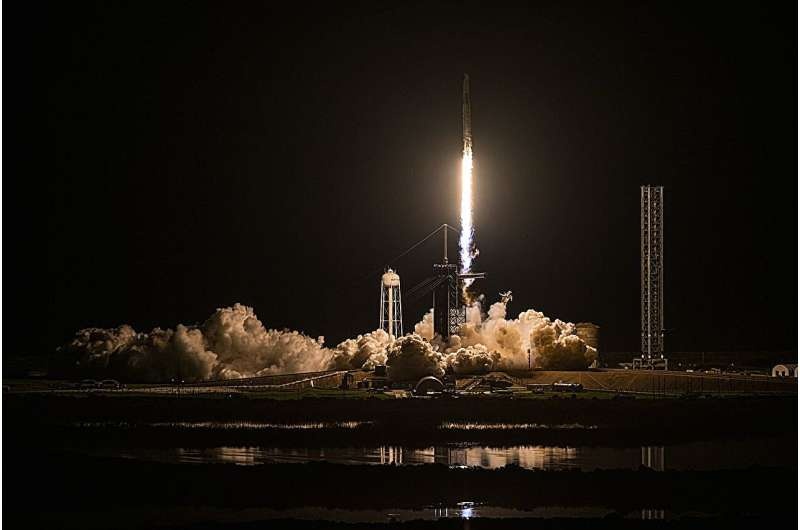The Polaris Dawn mission promises to push the boundaries of space exploration, with the first civilian commercial spacewalk and pioneering medical research that could benefit both astronauts and everyday people. UCF’s space medicine expert, Emmanuel Urquieta, shares his excitement and the mission’s potential impact.

A New Frontier for Space Medicine
The mission of Polaris Dawn could break new ground with regard to space medicine. As the mission plans to go into a higher orbit than what most astronauts have faced for past 50 years, it will also mean higher radiation levels which contain vital information as how this high-radiation environment impacts on human body.
Under the direction of esteemed space medicine specialist Emmanuel Urquieta from the University of Central Florida’s College of Medicine, Polaris Dawn will examine the crewmembers with techniques as sophisticated as using advanced ultrasound technology to detect any bubble formation between their blood. Additionally, this information could be invaluable to both potential astronauts as well as medical professionals treating and understanding decompression sickness, or the bends, which impacts scuba divers at all levels of diving.
Pushing the Boundaries of Spacewalking
One of the most interesting things for me in the Polaris Dawn mission is the first ever civilian commercial spacewalk. Unlike a traditional spacewalk in which astronauts exit a spacecraft through an airlock, venturing into the vacuum of space —this mission will leave Dragone exposed to space with the entire vehicle also depressurized.
The mission plans to use new SpaceX suits for crew safety and a special joint procedure designed to prepare the astronauts’ bodies for the environment. Decompression sickness remains a big worry, though; the team will keep a close eye on the crew as they attempt to break new records.
The data gathered during this one-of-a-kind spacewalk may have implications for future spacesuit design, astronaut training and even the broader understanding of how the human body reacts to the void of space. It is potential, researchers say, it may have widespread implications farther than space flight in fields like deep-sea diving — where comparable pressurization challenges are experienced.
Conclusion
The Polaris Dawn mission is groundbreaking with respect to space exploration and medical research. Delving into these higher orbits, the challenges of being exposed to greater radiation and the unforgiving vacuum of space, this mission ventures into new realms of human knowledge that could change both how we care for astronauts in space and medical practices here on Earth. With implications for everything from spacesuit design and astronaut health monitoring to even safer scuba diving, the results of Polaris Dawn stand to have a lasting impact in numerous disciplines. While the world keeps a watchful eye into one of biggest missions in history, there is significant excitement and anticipation over what a UCF space medicine expert, Emmanuel Urquieta, will bring to the table.
